Product Name: Aluminum Forging
Product Type: Metal Forging
Material: Aluminum
Shape: Customized
Surface Treatment: Anodizing, Powder Coating, Spray Painting, Polishing
Production Process: Die Casting, Press Forging
Advantages:
1. High strength-to-weight ratio
2. Superior mechanical properties
3. Enhanced resistance to fatigue and wear
4. Tight dimensional tolerances
5. Cost-effective production
| Color | Silver |
|---|---|
| Material | Aluminum |
| MOQ | 1 Pcs |
| Sample | Available |
| Place of Origin | China |
Product Details
MINGYU Tech is a well-known manufacturer of 6061 forged aluminum for the shipbuilding industry. Our extensive experience and advanced forging technology enable us to produce lightweight yet strong and durable forgings for marine applications. We also offer a range of surface treatment options to protect our forgings from corrosion and increase their service life. Our commitment to quality, innovation and customer satisfaction has made us a trusted partner to many leading shipping companies.
6061 forged aluminum offers unmatched strength and durability, making the final product capable of withstanding heavy loads and extreme conditions. This is because the forging process aligns the aluminum’s grain structure, making it stronger and more resistant to fatigue and corrosion. As a result, aluminum forged parts have a longer lifespan compared to those made through other manufacturing processes.
One of the key benefits of 6061 forged aluminum is its ability to produce complex and intricate designs with high precision. This is achieved by using custom dies and specialized machinery, allowing for tighter tolerances and finer details. As a result, forged aluminum components have a smooth surface finish, making them ideal for applications that require a tight seal or precise fit.
| Place of Origin | China |
| Material | Metal Aluminium Steel Copper Brass |
| Process | Forging+machining+HT+finish Machining |
| Surface treatment | Polishing |
| Application | Machinery Parts |
| Product name | 6061 forged aluminum |
| Certificate | TS16949/ISO9001 |
| Color | Customized Color |
| Quality Control | 100% Inspection |
| Lead Time | 11-34 Days |
| MOQ | 1 Piece |
| Supply Ability | 216221 Piece/Pieces per Month |
| Quantity (pieces) | > 404 |
| Lead time (days) | To be negotiated |
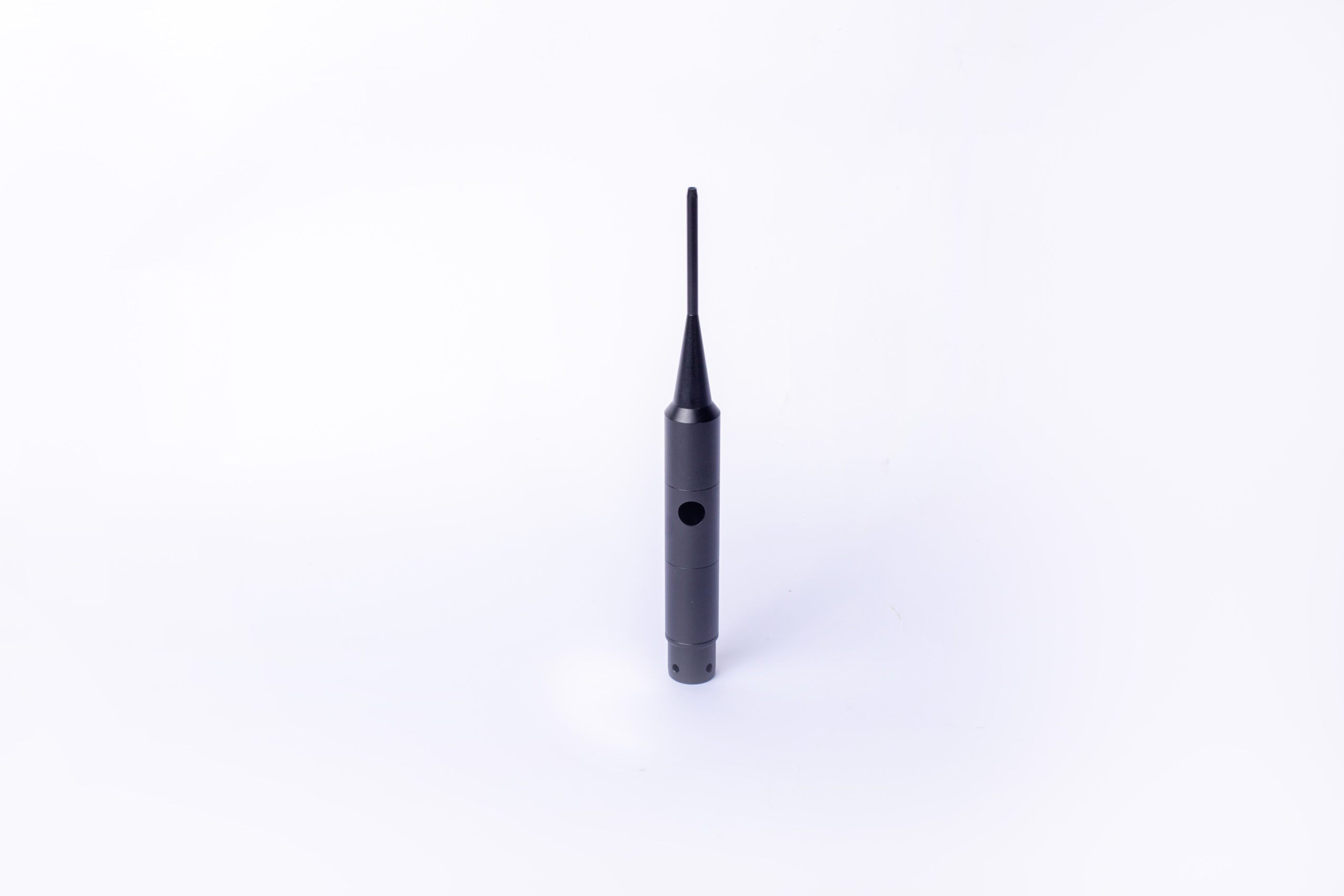
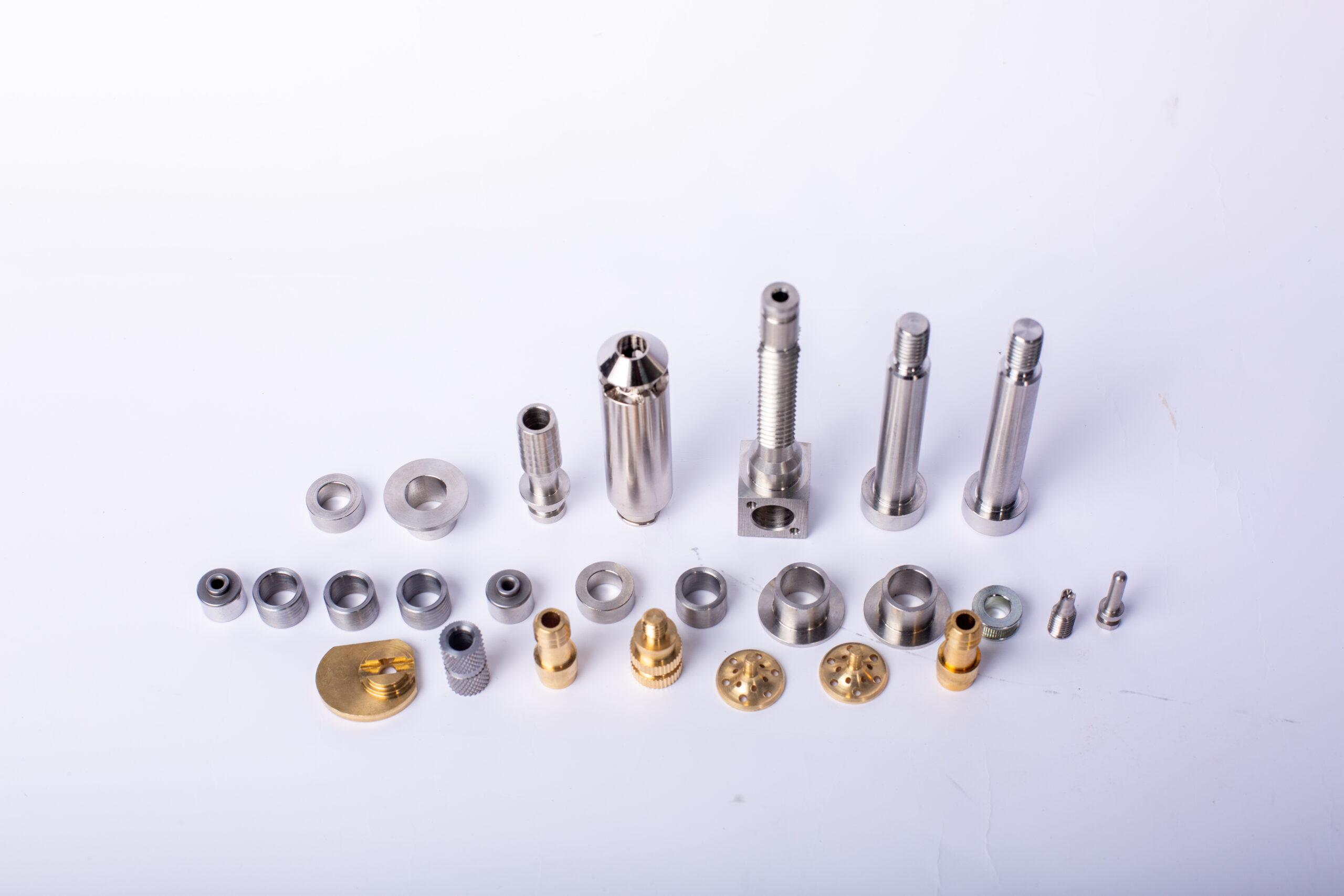
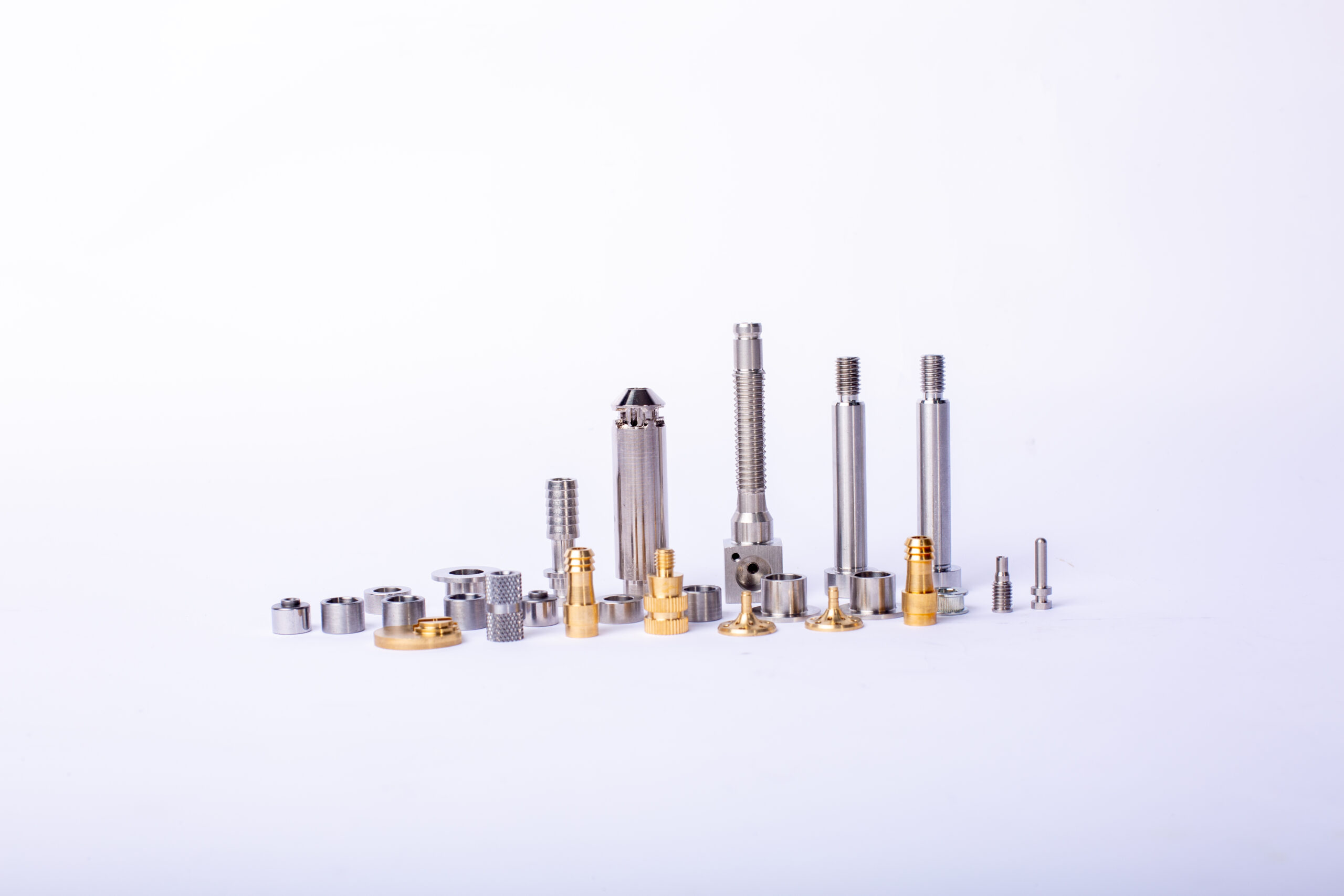
6061 forged aluminum FAQs Guide.
Our company is dedicated to providing high-quality 6061 forged aluminum products to meet the needs of various industries. With advanced technology and skilled craftsmanship, we have become a leading manufacturer in the field of 6061 forged aluminum. Our products are widely used in aerospace, automotive, and construction industries, just to name a few. We take great pride in our products as they are not only durable and reliable, but also lightweight and eco-friendly. Through this introduction, we hope to showcase the versatility and excellence of our 6061 forged aluminum products. Thank you for choosing us as your trusted provider of top-notch 6061 forged aluminum products.
1.Are there any defects that can occur during 6061 forged aluminum?
We pay attention to employee development and benefits, and provide a good working environment in order to improve the efficiency of employees and improve the quality management of 6061 forged aluminum products.
Yes, there are several defects that can occur during aluminum forging, including porosity, cracking, tearing, and surface defects. Porosity is caused by gas pockets that form during the forging process, while cracking and tearing can occur due to excessive strain on the material. Surface defects can be caused by improper tooling or inadequate lubrication.
2.About the development history of 6061 forged aluminum factory
Aluminum forging is a process of forming and shaping metal by hammering, pressing, or rolling. It has been used since ancient times to create tools, weapons, and other objects. The earliest known use of aluminum forging dates back to the Bronze Age, when it was used to create weapons and tools. In the 19th century, aluminum forging became more widely used in the production of industrial components, such as engine parts and aircraft components. Today, aluminum forging is used in a variety of industries, including automotive, aerospace, and medical. Aluminum forging factories have been around since the early 1900s, when they were used to produce parts for the automotive industry. Over the years, these factories have evolved to become more efficient and technologically advanced, allowing them to produce parts with greater precision and accuracy.
3.How durable are 6061 forged aluminums compared to other metal parts?
We have established long-term and stable partnerships with our suppliers, so we have great advantages in price and cost and quality assurance.
Aluminum forgings are generally more durable than other metal parts due to their increased strength and resistance to corrosion. Aluminum forgings are also lighter in weight than other metals, making them ideal for applications where weight is a factor. Additionally, aluminum forgings are more resistant to fatigue and wear than other metals, making them a great choice for parts that need to withstand high levels of stress and strain.
4.Are there any surface treatment options for 6061 forged aluminums?
Our 6061 forged aluminum products undergo strict quality control to ensure customer satisfaction.
Yes, there are several surface treatment options for aluminum forgings, including anodizing, powder coating, painting, and plating. Anodizing is a process that creates a protective oxide layer on the surface of the aluminum, while powder coating and painting are used to add color and texture to the surface. Plating is used to add a layer of metal to the surface of the aluminum, such as chrome or nickel.

5.Can 6061 forged aluminums be joined with other materials?
Yes, aluminum forgings can be joined with other materials using various methods such as welding, brazing, riveting, and adhesive bonding.
6.What is the typical lead time for 6061 forged aluminum production?
We have a professional team that is committed to the innovation and development of 6061 forged aluminum.
The lead time for aluminum forging production can vary depending on the complexity of the part and the size of the order. Generally, lead times range from 4-8 weeks.
7.About 6061 forged aluminum production capacity
Aluminum forging production capacity is determined by the size and complexity of the parts being produced, the type of forging process used, and the number of machines available. Generally, the larger the part, the more machines and time are required to produce it. The complexity of the part also affects the production capacity, as more complex parts require more time and machines to produce. Additionally, the type of forging process used can affect the production capacity, as some processes are more efficient than others.
8.What are the properties of aluminum that make it suitable for forging?
We have the leading technology and innovation capabilities, and attach importance to employee training and development, and provide promotion opportunities.
1. Aluminum is lightweight and strong, making it ideal for forging.
2. Aluminum has a low melting point, making it easy to shape and form.
3. Aluminum is corrosion-resistant, making it suitable for outdoor applications.
4. Aluminum is malleable and ductile, making it easy to work with.
5. Aluminum is a good conductor of heat and electricity, making it suitable for electrical components.
6. Aluminum is non-magnetic, making it suitable for use in sensitive electronic equipment.
7. Aluminum is relatively inexpensive, making it a cost-effective choice for many applications.

9.Are there any limitations to the size or complexity of products that can be forged from aluminum?
We adhere to the principle of integrity and transparency, and establish long -term relationships with partners, and we attach great importance to this detail.
Yes, there are limitations to the size and complexity of products that can be forged from aluminum. Aluminum is a relatively soft metal, so it is not suitable for forging large or complex parts. Additionally, aluminum has a low melting point, so it is not suitable for forging parts that require high temperatures.
10.What are the key differences between open die and closed die 6061 forged aluminum?
We continuously upgrade our skills and knowledge to adapt to changing 6061 forged aluminum market needs.
Open die forging is a process in which a hammer or press is used to shape a piece of metal between two flat dies without completely enclosing it. This process is used to create large, custom-shaped parts. Closed die forging is a process in which a hammer or press is used to shape a piece of metal between two dies that completely enclose the metal. This process is used to create smaller, more precise parts with tighter tolerances.
11.What are the advantages of using 6061 forged aluminum?
We have a wide range of 6061 forged aluminum customer groups and establishes long -term cooperative relationships with partners. The countries we provide services include $keyworrd{国家变量}.
1. Strength: Aluminum forging offers superior strength and durability compared to other manufacturing processes.
2. Lightweight: Aluminum is a lightweight material, making it ideal for applications where weight is a factor.
3. Cost-Effective: Aluminum forging is a cost-effective manufacturing process, as it requires less energy and fewer resources than other processes.
4. Corrosion Resistance: Aluminum is naturally resistant to corrosion, making it ideal for applications where corrosion is a concern.
5. Design Flexibility: Aluminum forging allows for complex shapes and designs to be created, making it ideal for custom parts and components.
6. Recyclability: Aluminum is a recyclable material, making it an environmentally friendly choice.
12.Can 6061 forged aluminums be used in corrosive environments?
Yes, aluminum forgings can be used in corrosive environments. Aluminum is a naturally corrosion-resistant material, and when it is forged, it becomes even more resistant to corrosion. Aluminum forgings can be treated with a variety of coatings to further protect them from corrosion.
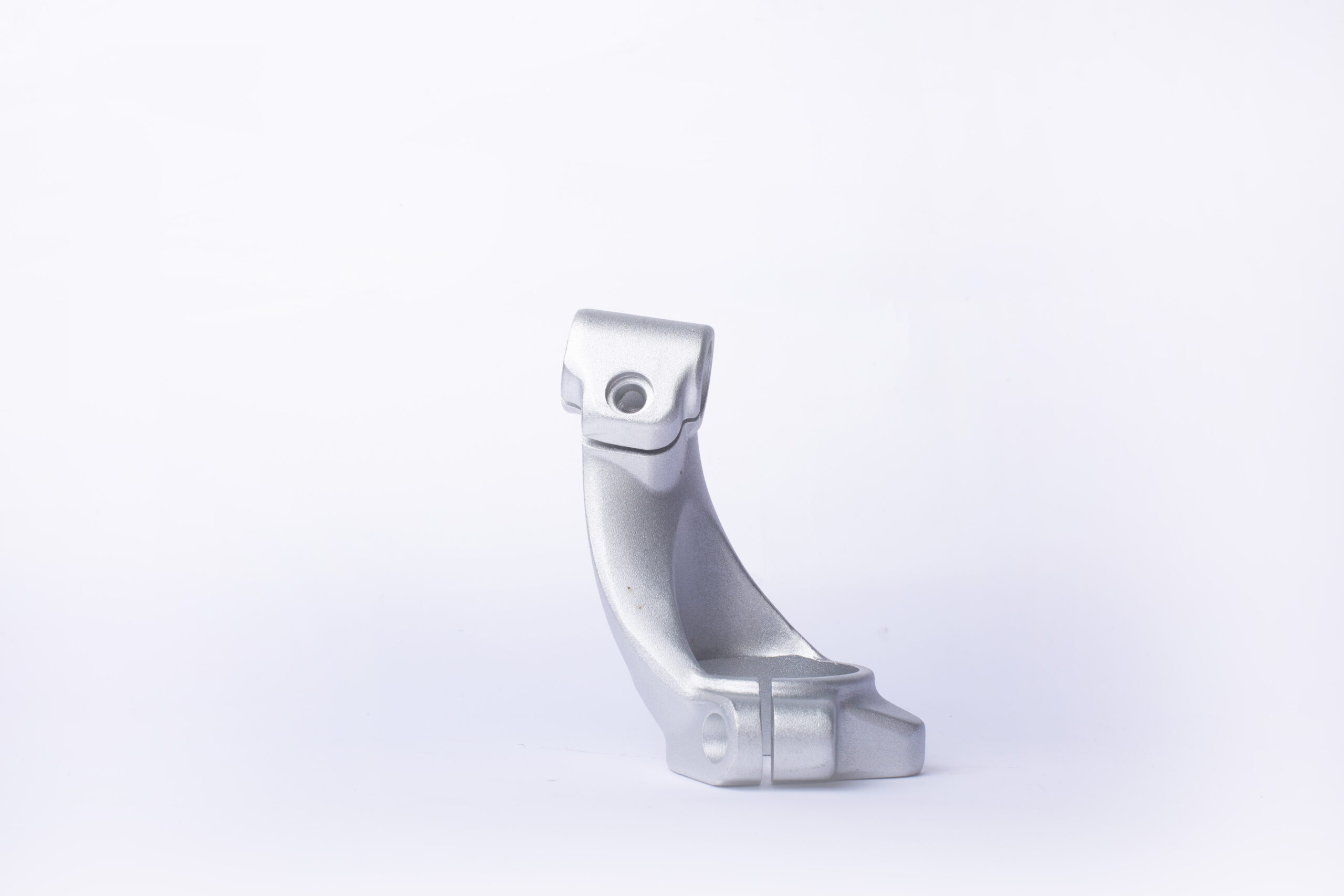
13.What types of products can be made through 6061 forged aluminum?
We pay attention to the introduction and training of talents, scientifically regulate the management system, and focus on cultural construction and team cohesion.
Aluminum forging can be used to create a wide variety of products, including automotive parts, aerospace components, hand tools, medical instruments, and industrial machinery. Aluminum forgings can also be used to create decorative items such as sculptures, jewelry, and architectural elements.
14.What factors affect the strength and hardness of 6061 forged aluminums?
Our 6061 forged aluminum products have competitive and differentiated advantages, and actively promote digital transformation and innovation.
1. Alloy composition: The alloy composition of aluminum forgings affects the strength and hardness of the material. Different alloying elements can be added to aluminum to increase its strength and hardness.
2. Heat treatment: Heat treatment is an important factor in determining the strength and hardness of aluminum forgings. Different heat treatments can be used to increase the strength and hardness of aluminum forgings.
3. Grain size: The grain size of aluminum forgings affects the strength and hardness of the material. Smaller grain sizes can increase the strength and hardness of aluminum forgings.
4. Stress relief: Stress relief is an important factor in determining the strength and hardness of aluminum forgings. Stress relief can be used to reduce internal stresses in the material, which can increase the strength and hardness of aluminum forgings.
5. Surface finish: The surface finish of aluminum forgings affects the strength and hardness of the material. A smoother surface finish can increase the strength and hardness of aluminum forgings.
15.About 6061 forged aluminum R&D capabilities
Aluminum forging R&D capabilities are highly advanced and have been developed over many years. Companies that specialize in aluminum forging have invested heavily in research and development to create new and improved processes and products. This has enabled them to produce high-quality aluminum components that are lighter, stronger, and more cost-effective than ever before. Aluminum forging R&D capabilities include the development of new alloys, improved forging techniques, and the use of advanced computer-aided design and manufacturing (CAD/CAM) systems. These capabilities have enabled aluminum forging companies to produce components that meet the highest standards of quality and performance.
16.What are the different heat treatment processes used for 6061 forged aluminums?
We have a first -class management team, and we pay attention to teamwork to achieve common goals.
1. Solution Heat Treatment: This process involves heating the aluminum forging to a temperature above its solidus temperature and then rapidly cooling it. This process is used to improve the strength and hardness of the aluminum forging.
2. Aging: This process involves heating the aluminum forging to a temperature below its solidus temperature and then allowing it to cool slowly. This process is used to improve the strength and hardness of the aluminum forging.
3. Annealing: This process involves heating the aluminum forging to a temperature above its solidus temperature and then allowing it to cool slowly. This process is used to improve the ductility and machinability of the aluminum forging.
4. Stress Relieving: This process involves heating the aluminum forging to a temperature below its solidus temperature and then allowing it to cool slowly. This process is used to reduce internal stresses in the aluminum forging.
5. Normalizing: This process involves heating the aluminum forging to a temperature above its solidus temperature and then allowing it to cool in air. This process is used to improve the strength and hardness of the aluminum forging.
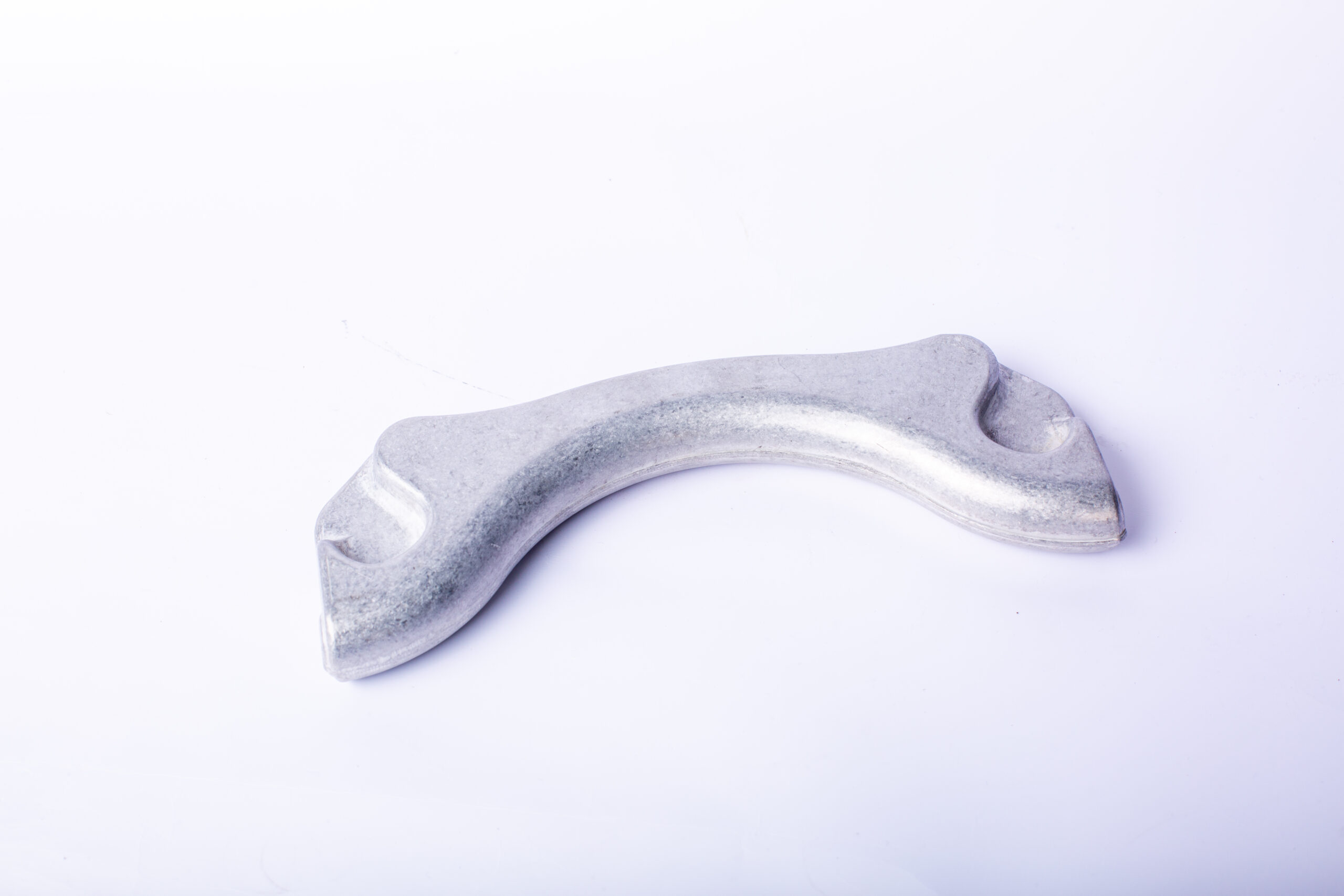
Tag:aluminum forgings 7075 t6,forged aluminum trailer hitch,aluminum forging materials
Product Inquiry
We will respond within 12 hours, please pay attention to the email “@163.com” or “@alumforge.com”.
Also, you can go to the Contact Page, which provides a more detailed form, if you have more inquiries for products or would like to obtain OEM service.
Our sales experts will respond within 24 hours, please pay attention to the email with the suffix “@163.com”.